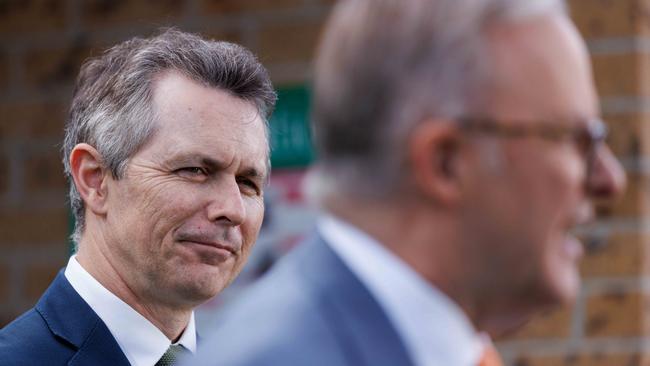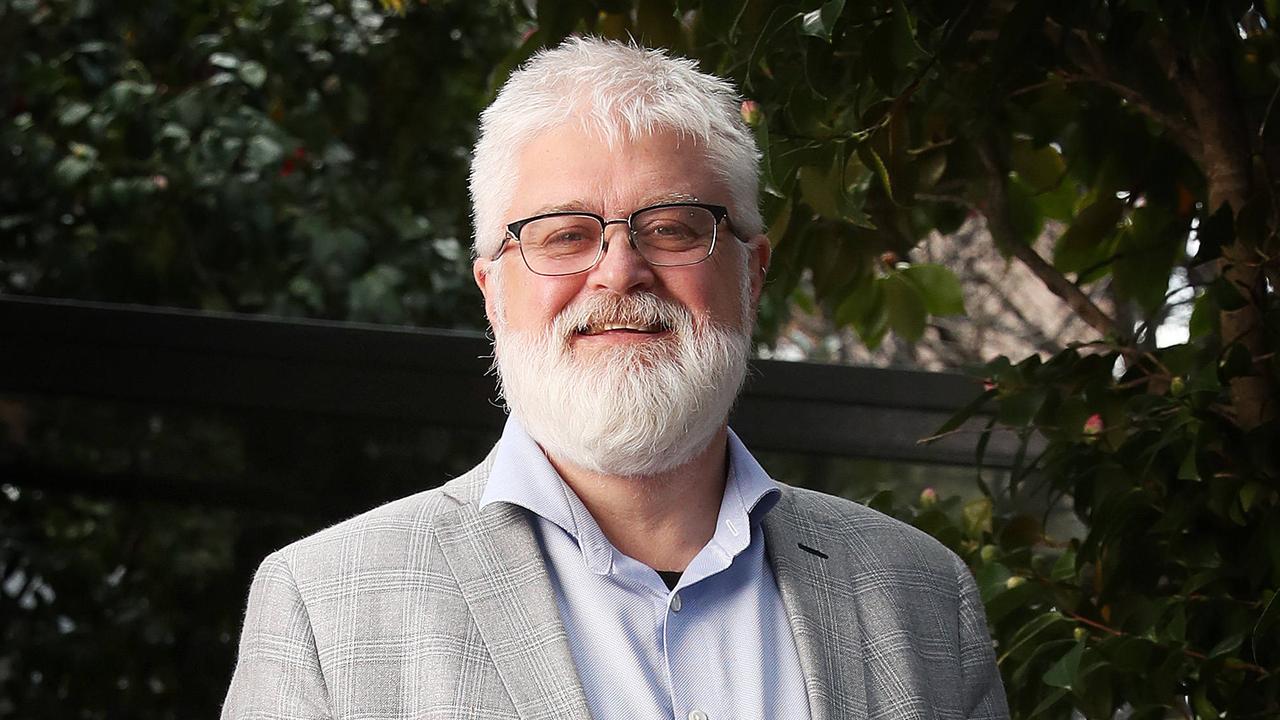
There was no generous flow of resources to universities. Higher education was virtually invisible in this budget and, where it did appear, the few measures were targeted very specifically to solve other policy problems.
About $130m will be spent to enrol an extra 4,000 students who will learn skills necessary to build, operate and maintain Australia’s future fleet of nuclear-powered submarines and $50m will help nurses to postgraduate study to improve their skills.
Politically there is nothing driving Labor to do more for universities when foremost in its mind are the looming fiscal deficits over the next decade. There are far more pressing policy issues including the rising cost of living, a shaky world economy, huge defence and security challenges, and the problems posed by climate change and the switch to sustainable energy.
When it comes to universities any hard-headed Labor political strategist would see them as “safe seats” that don’t need pampering. Universities had such poor relations with the Coalition, and were so pleased by Albanese’s victory, that they are unlikely to cause political problems for Labor in the foreseeable future.
Instead of money, universities have been given a review that is being conducted as part of Education Minister Jason Clare’s Universities Accord process.
Any and all issues are able, for the moment, to be kicked down the road to await the final report of the review at the end of this year. And its terms of reference are wide enough to encompass all issues ranging from funding for both teaching and research, to equity and access in higher education, and the often repeated calls for a closer links with vocational education.
But it’s also being made clear, sotto voce, that universities shouldn’t expect extra money in whatever policy changes emerge from the accord review.
This means that if the review is to tackle real reform then it is bound to cut into entrenched interests. The money won’t be there to build something bigger without cutting into something else.
Hopefully the review panel, chaired by Mary O’Kane, will be willing to take on big issues and absorb the flak.
For example, Australia needs to boost high-quality research in both fundamental and applied sciences but lacks the money. Yet at the same time a huge and growing amount of research is being done in universities as ranking systems drive the publication of more papers and our regulatory system requires all universities to do broad research across many disciplines, even if they are not very good at it.
It’s obvious that research funding could be more efficiently allocated, but it will take a high level of determination on the part of the government to do so.
Another thorny issue is the relationship between higher education and vocational education. Both offer tertiary qualifications, but higher education has grown disproportionately over the past decade while VET has suffered from ill co-ordinated state policies and confused regulation.
Few dispute that students would benefit from being able to do courses that span both sectors and the accord review should find a way to cut through the thicket and make this happen.
Real reform always slices into entrenched interests and requires real will, and nonchalance about making enemies, to get it done.
Labor’s challenge is to push ahead and do it, even at risk of upsetting some of its “safe seats”.




Last week’s federal budget confirms one more way in which Anthony Albanese is breaking the mould of the stereotypical Labor government.